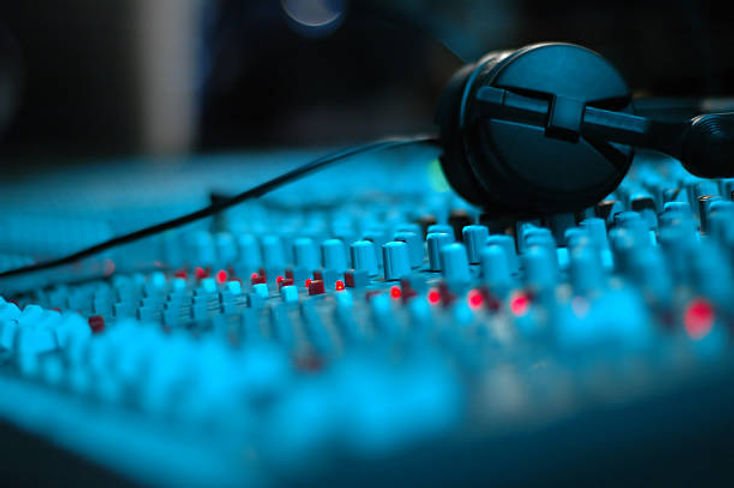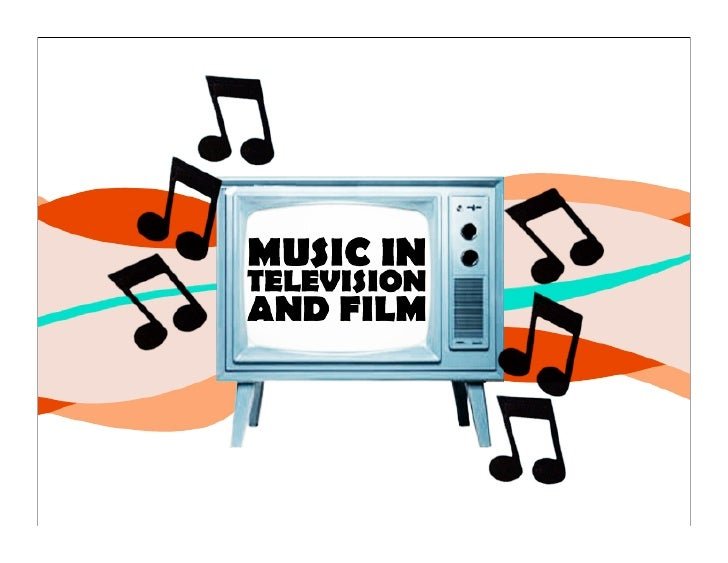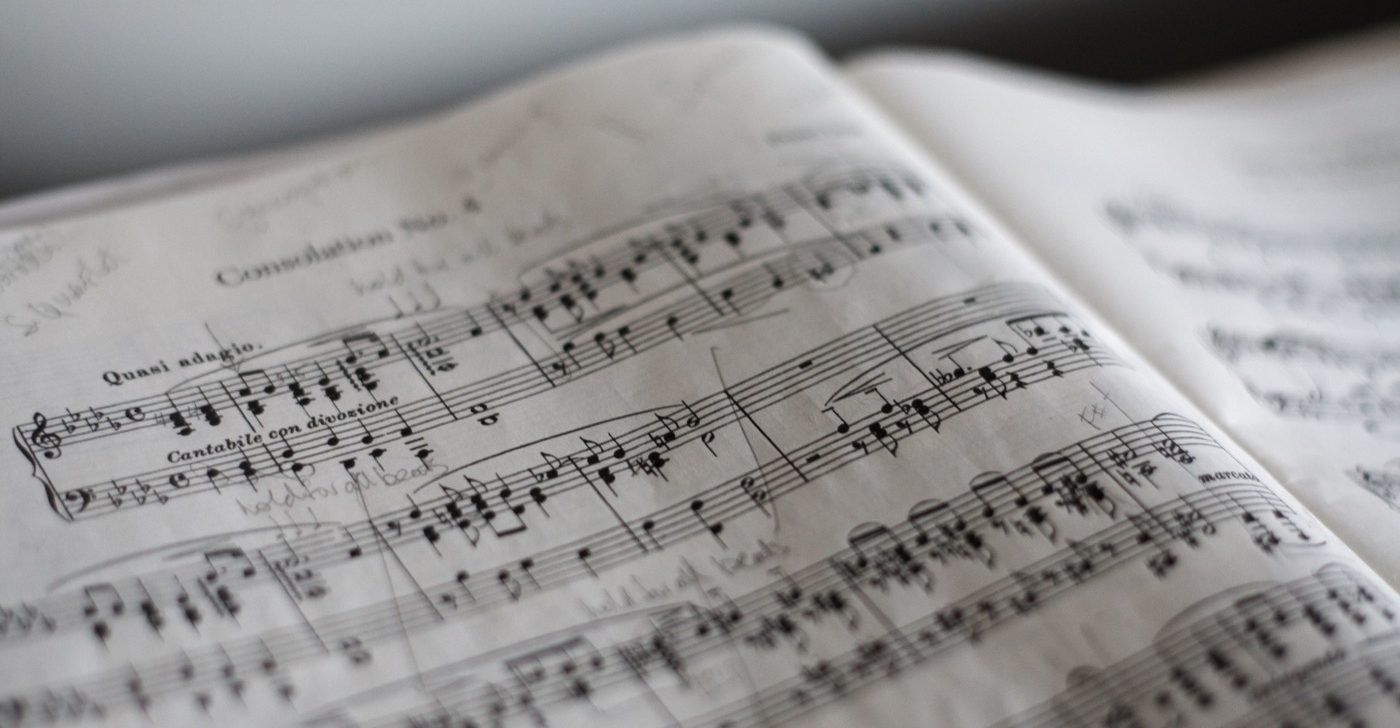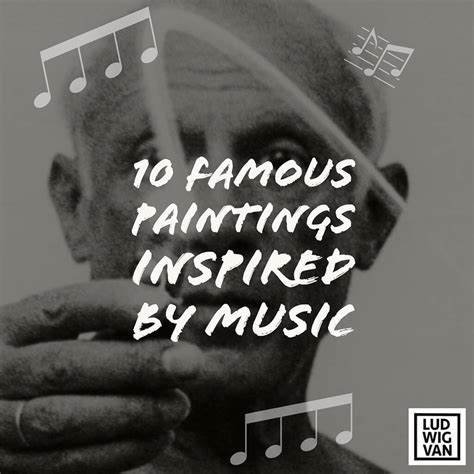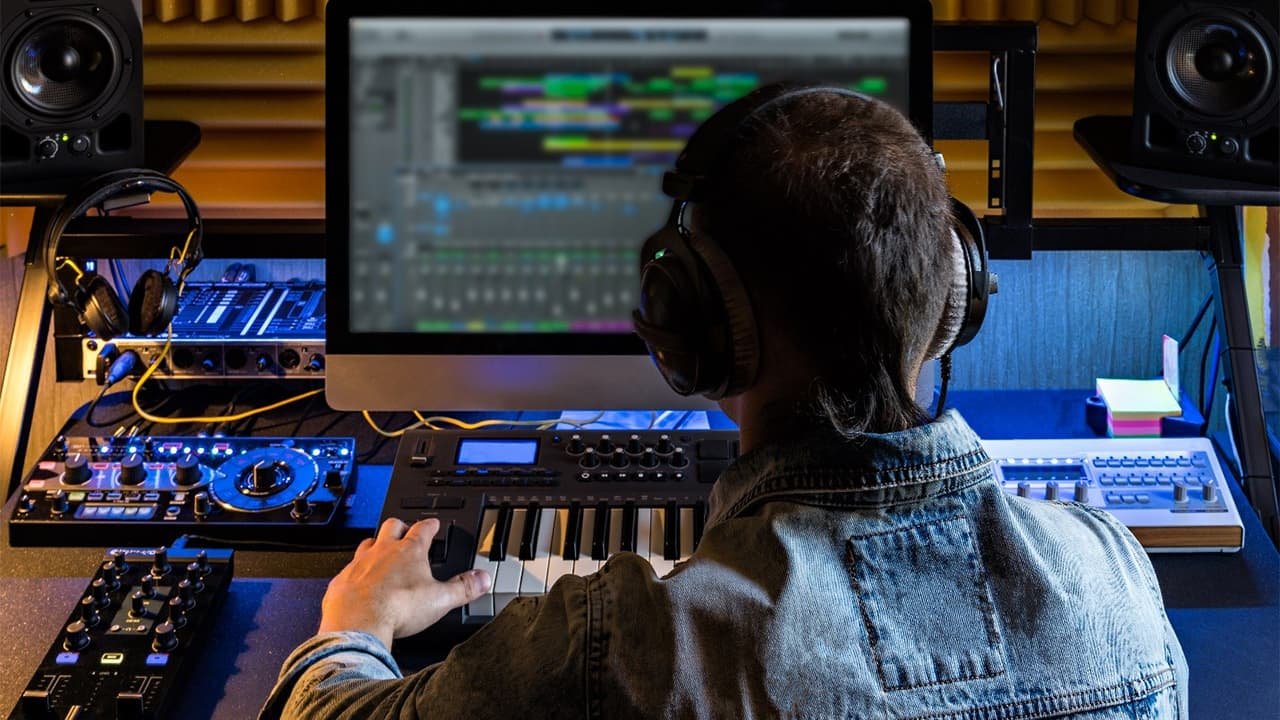The worlds of literature and music are both rich in creativity, but when combined, they can create something truly unique. Authors and composers working together can merge their respective talents to produce dynamic, multi-sensory experiences. Whether through soundtracks for novels, musical adaptations of stories, or collaborations on multimedia projects, there are many exciting ways that authors and composers can creatively collaborate. This guide explores the benefits of such collaborations and how they can result in innovative and inspiring works.
1. Creating Music for Storytelling
Music has a profound ability to enhance storytelling, making it more immersive and emotionally resonant. Authors and composers can collaborate to bring the themes and emotions of a story to life through sound.
- Soundtracks for Books: One popular form of collaboration is when a composer creates a soundtrack or theme music for a book. This is particularly popular with fantasy and sci-fi novels, where the music can help set the tone for the world-building and character development. The composer can create pieces inspired by key scenes, emotions, or even characters from the novel.
- Audiobooks with Music: Audiobooks are a growing market, and the addition of music can elevate the experience. Authors and composers can work together to add soundscapes, background music, and mood-setting scores to enhance the narrative and immerse the listener further in the story.
2. Musical Adaptations of Literary Works
Authors and composers can also collaborate on turning books into musicals, operas, or stage productions. This is a powerful way to breathe new life into a written work, especially when the music amplifies the story’s themes and emotional depth.
- Broadway and West End adaptations: Many popular novels and plays have been adapted into musicals. This requires close collaboration between the author and composer to ensure that the story’s integrity remains intact while the music enhances the experience. Famous examples include “Les Misérables” (based on the novel by Victor Hugo) and “The Phantom of the Opera” (based on the novel by Gaston Leroux).
- Opera and Classical Music: Classic works of literature have also been transformed into operas and classical compositions. Authors and composers can work together to adapt a novel into a musical form, reimagining its characters, settings, and narrative through symphonic or operatic music.
3. Cross-Media Collaborations
In today’s digital age, there are more opportunities for authors and composers to collaborate across various media platforms. From video games to films, the integration of music and storytelling is essential for creating captivating content.
- Video Game Soundtracks: Authors of video game stories can team up with composers to create original soundtracks that amplify the narrative experience. Music helps set the atmosphere in games, and composers often work closely with the writers to ensure that the music complements the story and gameplay.
- Film and Television: Books often inspire films, and when a composer is involved in the project, they can help define the tone of the film. Whether it’s an adaptation or an original score for a film based on a book, the collaboration between authors and composers can create an emotional depth that elevates both the story and the visuals.
4. Creating Thematic Musical Pieces for Novels
For authors, working with composers to create musical pieces that mirror the themes of their novels can deepen the connection between the reader and the story. Composers can create compositions that reflect different aspects of the book, such as its setting, characters, or conflicts.
- Character Themes: Just like film scores often have themes tied to characters, composers can create pieces that represent the protagonist or antagonist of a story. This can give readers a deeper, more immersive experience when they listen to the music while reading the book.
- Emotional Soundscapes: Music can evoke emotions in ways that words alone cannot. Authors can work with composers to ensure that the music enhances the emotional tone of the novel. For example, a romance novel can have tender, delicate music, while a thriller may have suspenseful, dramatic scores.
5. Collaborative Storytelling in Music
Composers and authors can also collaborate on creating original works that combine both storytelling and music. This could be a narrative-driven concert, an opera, or even a concept album that tells a story.
- Concept Albums: Composers in genres like rock, progressive, or electronic music often create concept albums, where the entire album tells a story. Authors can collaborate with musicians to write lyrics or create a narrative that is paired with the music. The result is a multi-layered storytelling experience that spans both written and musical forms.
- Live Performances and Readings: Authors and composers can work together to produce live events, where the author reads excerpts of their book while the composer plays corresponding music. This creates an immersive and dynamic experience for the audience.
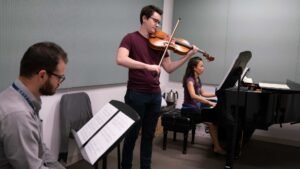
6. Expanding Audience Reach
A collaboration between an author and a composer can bring together two different fan bases, increasing exposure and expanding their collective audience.
- Cross-Promoting Works: Authors who write music-themed books or novels with musical elements can collaborate with composers to promote their projects to each other’s followers. Fans of the author might become more interested in the composer’s music and vice versa, leading to increased visibility for both.
- Collaborative Marketing: Both authors and composers can leverage their social media platforms, websites, and fan networks to promote their collaborative work. For example, an author can post about the musical pieces inspired by their book, and a composer can share how the book influenced their music.
7. Broadening Creative Horizons
Collaboration between authors and composers allows both parties to broaden their creative horizons. Working with someone from a different artistic discipline brings fresh perspectives and new ways of approaching the creative process.
- Learning New Skills: Authors can learn more about music theory and composition, while composers can gain insights into narrative techniques and writing. This cross-disciplinary exchange of ideas can lead to exciting new projects and ideas.
- Enhancing Creativity: Both authors and composers can experiment with new methods of creative expression, whether it’s through incorporating music into the storytelling process or using words to inspire musical compositions. This creative fusion can lead to innovative projects that push the boundaries of both literature and music.
Conclusion
The collaboration between authors and composers is a unique and powerful way to create art that transcends traditional boundaries. Through soundtracks, musical adaptations, and cross-media projects, authors and composers can complement each other’s strengths, enriching the storytelling experience and offering audiences a deeper, more immersive journey. This creative partnership allows both artists to expand their horizons, reach new audiences, and produce work that resonates on multiple sensory levels.







